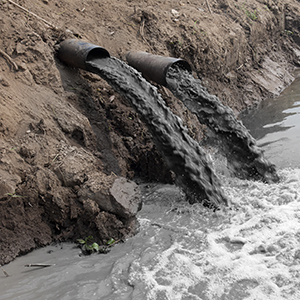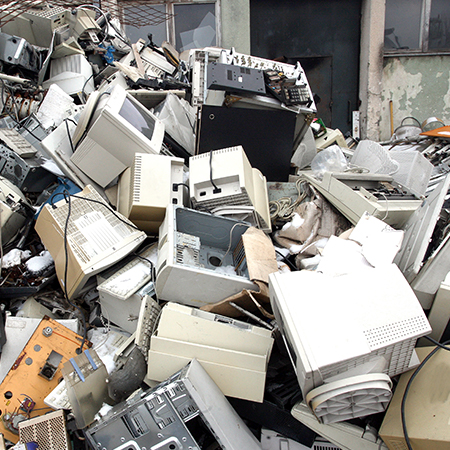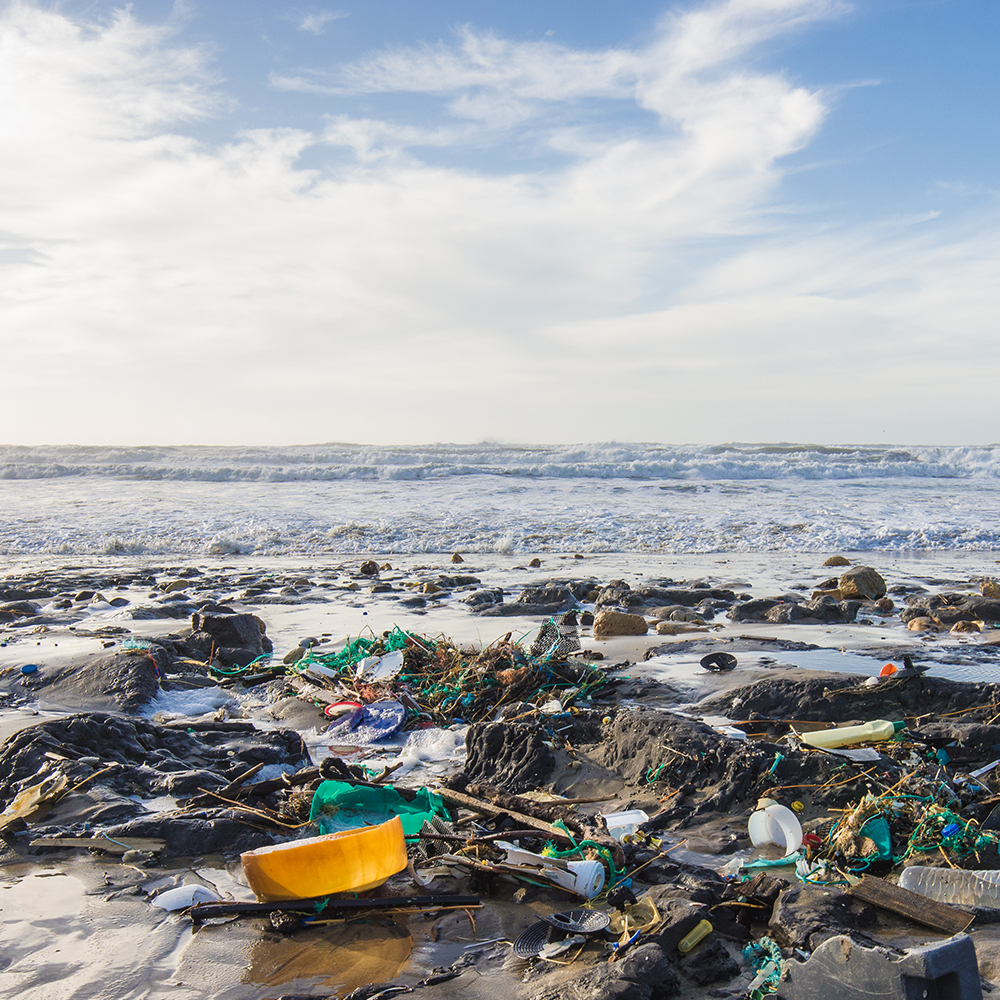impact of Internet
Pollution on the Enviornment!
Experts believe in 3 years nearly three quarters of all land will be used for Template Server Farms.
impact of Internet
Pollution on the Enviornment!
Experts believe in 3 years nearly three quarters of all land will be used for Template Server Farms.
Scientists and analysts across the globe are extremely concerned by the environmental impact that template-based web design is having on our environment. Environmentalist and professor at Cambridge University of Alabama, Dr. John Rompelberg has stated that the Internet has become a digital landfill of templates that is impacting our actual environment far greater than ever imagined. Rompelberg is not alone in his concern. Over the past 5 years, hundreds of studies have been conducted and published on the global state of this crisis. One of the most prominent studies is that of the University of Oxford-Bangladesh, which found that the direct impact of these template websites is vastly increasing the need for and size of physical server farms. The study determined that the exponential growth of these "server farms" is depleting so much of our usable land and resources that the impact on our environment could be equivalent to the combined populations of the US and China operating motor vehicles without emissions non-stop over a 5 year period.
Beyond harming the environment on a massive scale, new studies have shown that over the next decade this vast exhaustion of land and resources will be the root cause of mass food shortages in the majority of even the most developed countries. It is believed that the number of humans impacted by hunger worldwide will quadruple from 12.9% to roughly 51.6% of the global population.
In addition to the devastating effects to our usable land and food supply, a more immediate cause for concern is the economic strain this epidemic has put on careers in the web design field. Dr. Marci Parker, a renowned economist and social scientist estimates that web designers will experience an increasingly declining job market that will only be rivaled by the Great Depression in mass and magnitude. The issue of template-based web pollution is one that has quickly and quietly become the worst environmental and economic threat that we as a global society face.


Fortunately for us, the effects of this plague, though immense, are not irreversible. According to Rompelberg, by simply ending the use of generic "cookie-cutter" web design practices we will be able to stop this pollution at the source. However, to really begin to reverse the catastrophic damage we have already caused, we must only employ web designers who create truly unique and well-crafted custom websites. Research conducted by Rompelberg and his colleagues suggests that a single custom-made website removes the need for roughly 1,200 template websites. By doing this, the solution will be twofold: helping to stop the damage at the source, while flooding the Web with custom sites made by those best suited to tackle the issue. Parker agrees with Rompelberg's findings and believes that if we are able to reduce the number of templates on the Internet by even 20% that we would be helping to employ nearly 68% of all unemployed and struggling web designers. She states that a significant reduction in the usage of templates would not only help current jobless web designers, but also increase the economic growth potential within the industry.
In a study that surprised even some of the most brilliant minds in psychology, Dr. Judy Paladino concluded that individuals who regularly interact with and use custom websites experience elevated levels of neurotransmitters, leading to an increase in happiness. Conversely, the research showed that people who use template websites are more likely to experience a decrease in happiness levels, which may even lead to a higher risk of depression. "Simply removing these (template) websites from our day-to-day lives will vastly improve our society's mental health.", says Paladino.

The problem is urgent. Now is the time to act. It is possible to end Internet pollution in our lifetime, but we must all do our part to make a difference. Please, stop using templates and employ designers who care. Here are more ways to help:
First, if you find a template website or builder online report them to us immediately so we can take the necessary action.
Second, throw away your template builder and adopt new builders like Warhead, which make it easy to create fully custom websites faster and smarter than ever before.
Finally, help spread the awareness by making a donation with the purchase of our official t-shirt or connecting with us on social media and sharing the message with everyone you know.
By helping the cause in one or more of these ways we can and will end this global epidemic for good. We owe it to ourselves to protect current and future generations from this debilitating disease. Join us in our fight against Internet pollution today!

Janet Polomie
"I just really care so much about our environment. When I learned about the impact internet pollution is having I just knew I had to get active and help spread the word!"

Brett Havabere
"As a designer and internet user, I have really been hit hard by internet pollution. All my desinger friends want to see this problem end not only for the environment but for our lively hoods."
Come across an offender?
Report Here